.png)
Thousands in the UK suffer from the tingling, numbness, and pain of Carpal Tunnel Syndrome (CTS). With long NHS waits and high private costs, many now look to Turkey, a leading destination for affordable, world-class orthopedic care.
This guide provides a comprehensive comparison of carpal tunnel surgery in Turkey versus the UK, covering procedures, costs, success rates, and the patient journey.
Key Takeaways
-
Significant Savings: Brits can save between 50-70% on the cost of carpal tunnel surgery by choosing a clinic in Turkey compared to private options in the UK.
-
World-Class Quality: Turkish hospitals often hold international accreditations (like JCI) and are equipped with state-of-the-art technology, rivaling the best in Europe. Surgeons are highly experienced, often with international training.
-
All-Inclusive Packages: Medical tourism packages in Turkey frequently cover the surgery, accommodation, airport transfers, and translator services, providing a seamless and stress-free experience for patients.
-
Cost of Carpal Tunnel Surgery:
-
Turkey: A carpal tunnel release surgery package typically costs between £1,500 and £2,500.
-
United Kingdom (Private): The same procedure in the UK can range from £2,500 to £4,000 per hand.
-
Germany: Private surgery costs approximately €2,000 - €3,500.
-
Spain: Costs are similar to Turkey, often ranging from €1,800 to €3,000.
-
Understanding Carpal Tunnel Syndrome: Symptoms and Causes
Carpal Tunnel Syndrome occurs when the median nerve is compressed in the wrist’s carpal tunnel, causing pain, numbness, and tingling in the thumb, index, middle, and ring fingers.
The median nerve controls hand sensation and movement. When tendons in the tunnel swell, pressure builds on the nerve. Symptoms may start occasionally, often at night, but can become constant as the condition worsens.
Common causes and risk factors for developing Carpal Tunnel Syndrome include:
-
Repetitive Hand Motions: Jobs or hobbies involving repetitive wrist movements, such as typing, assembly line work, or playing certain musical instruments.
-
Anatomical Factors: Some individuals may have a naturally smaller carpal tunnel, making them more susceptible. A previous wrist fracture or dislocation can also alter the space.
-
Underlying Health Conditions: Conditions like diabetes, rheumatoid arthritis, thyroid imbalances, and obesity are known to be associated with an increased risk of CTS.
-
Hormonal Changes: Fluid retention during pregnancy or menopause can increase pressure within the carpal tunnel.
.png)
Why Are Brits Choosing Turkey for Carpal Tunnel Surgery?
Many UK patients choose Turkey for carpal tunnel surgery due to lower costs, quality care, and shorter waits. The NHS often means long delays, while private UK clinics are fast but expensive.
Turkey presents a compelling solution by offering:
-
Immediate Treatment: Patients can schedule their surgery with minimal delay, getting timely relief from their symptoms.
-
Accredited, Modern Hospitals: Many Turkish hospitals, particularly in major cities like Istanbul, Ankara, and Izmir, are JCI-accredited (Joint Commission International), a global gold standard for patient care and safety. They are equipped with the latest surgical technology.
-
Experienced Orthopedic Surgeons: Turkish surgeons are highly qualified, often with training and experience from Europe and the United States. They are well-versed in the latest surgical techniques, including minimally invasive endoscopic procedures.
-
The Medical Tourism Experience: Clinics in Turkey are experts in catering to international patients. They provide comprehensive packages that handle all logistics, from airport pickups to hotel bookings and the provision of a personal translator, ensuring a smooth and comfortable experience.
Did You Know? Carpal Tunnel Syndrome is three times more common in women than in men. The peak age for developing the condition is between 45 and 60 years old.
Surgical Procedures Explained: Open vs. Endoscopic Release
Carpal tunnel surgery works by releasing pressure on the median nerve through cutting the transverse carpal ligament. This can be done via open or endoscopic release, with the best method chosen after consultation based on the patient’s needs and the surgeon’s expertise.
Open Carpal Tunnel Release
Open release surgery, the most common treatment for Carpal Tunnel Syndrome, involves a small palm incision to cut the transverse carpal ligament and relieve pressure on the median nerve. It’s highly effective with a proven track record, though recovery may take longer and scarring can be more visible than with the endoscopic method.
Endoscopic Carpal Tunnel Release
Endoscopic release uses one or two small incisions and a tiny camera to cut the ligament from inside the wrist. It usually means less pain, quicker recovery, and smaller scars, though it requires specialized equipment and training.
.png)
The Cost of Carpal Tunnel Surgery: Turkey vs. The UK
The financial savings are undoubtedly one of the biggest draws for UK patients travelling to Turkey. A comprehensive medical package of carpal tunnel surgery in Turkey often costs less than the surgeon's fee alone in a private UK hospital.
When comparing costs, it is essential to look at the total price, including all associated fees. Turkish clinics excel at providing transparent, all-inclusive packages.
Here's a detailed comparison of what you can expect to pay:
Success Rates and Recovery: What to Expect
Carpal tunnel release surgery, whether open or endoscopic, has a very high success rate, with most patients experiencing complete or significant relief from their symptoms. Recovery involves a period of rest, rehabilitation, and gradually returning to normal activities.
Success rates for ligament release surgery in Turkey are excellent, typically exceeding 90% in terms of symptom relief. Most patients report an almost immediate end to the night-time pain and tingling that disrupted their sleep.
The recovery timeline generally looks like this:
-
First Few Days: Your hand will be bandaged, and you may be placed in a wrist splint. You'll be encouraged to wiggle your fingers to promote blood flow. Pain is managed with prescribed medication.
-
1-2 Weeks: Stitches are typically removed. You can begin to use your hand for light activities like dressing and eating.
-
2-6 Weeks: You'll start gentle hand therapy exercises to restore wrist strength and flexibility. Most people can return to office work within this timeframe.
-
6-12 Weeks: You can gradually return to more strenuous activities and heavy lifting. Grip strength will continue to improve for several months.
It's important to follow your orthopedic surgeon's post-operative instructions carefully to ensure a smooth and successful recovery time.
Expert Insight: "The key to a successful outcome is not just the surgery itself but the entire continuum of care. We provide our international patients with a detailed pre-operative plan and a comprehensive post-operative rehabilitation program they can continue at home. Modern techniques allow for a much faster return to function, which is crucial for patients who have traveled for treatment."
Your Patient Journey from the UK to Turkey: A Step-by-Step Guide
Traveling for surgery is a well-organized process designed to be as smooth as possible for international patients. Here’s what a typical journey looks like.
-
Initial Online Consultation: Your journey begins with a free online consultation. You'll discuss your symptoms and medical history with a medical coordinator and possibly the surgeon via video call. You may be asked to share previous medical reports.
-
Receive a Custom Quote: The clinic will provide a detailed, all-inclusive price package covering your surgery, hotel stay, transfers, and translation services.
-
Booking and Travel: Once you accept the quote, the clinic's international patient team will help you schedule your surgery and assist with booking your hotel. You will then book your flights from the UK to the relevant Turkish city (e.g., Istanbul).
-
Arrival in Turkey: Upon arrival, a dedicated driver will meet you at the airport and take you to your hotel.
-
Pre-operative Consultation: You will be transported to the hospital for a face-to-face consultation with your surgeon and any necessary pre-operative tests, such as blood work.
-
The Surgery: Your carpal tunnel release surgery will be performed on the scheduled day. The procedure itself usually takes less than 30 minutes and is done on an outpatient basis, meaning you'll likely return to your hotel the same day.
-
Post-operative Check-up: A follow-up appointment will be scheduled a few days after the surgery to check your incision and provide you with all necessary medications and post-care instructions before your flight home.
-
Return to the UK: You'll be driven back to the airport for your flight home. Most patients stay in Turkey for 5-7 days in total. The clinic will remain in contact for remote follow-up.
.png)
Frequently Asked Questions (FAQs)
Is carpal tunnel surgery painful?
The surgery is performed under local or regional anesthesia, so you won't feel pain during the procedure. Post-operative pain is typically mild to moderate and is easily controlled with standard pain relief medication for the first few days.
How long will I need to stay in Turkey?
Most patients are advised to stay in Turkey for 5 to 7 days. This allows for the pre-operative consultation, the surgery itself, and at least one post-operative check-up before flying home.
What will the scar look like after carpal tunnel surgery?
For open surgery, the scar will be about 1-2 inches long on your palm and will fade significantly over a year. For endoscopic surgery, the scar(s) are much smaller (less than a centimeter) and are barely noticeable once healed.
When can I drive after the surgery?
You should not drive for at least a week after surgery, and possibly longer. You need to be confident that you can make an emergency stop and have full control of the vehicle without pain. Check with both your surgeon and your car insurance provider.
What are the success rates of carpal tunnel surgery?
Success rates are very high, with over 90% of patients experiencing a significant reduction or complete resolution of their symptoms, particularly pain, tingling, and numbness.
Can I have surgery on both hands at the same time?
While possible, it is generally not recommended. Having surgery on one hand at a time allows you to have a functional hand for daily activities during the recovery period.
Take the Next Step with PlacidWay
If you're tired of living with the pain of Carpal Tunnel Syndrome and want to explore a fast, affordable, and high-quality solution, PlacidWay is here to help. We partner with Turkey's leading orthopedic surgeons and JCI-accredited hospitals to offer you the best in medical care.
Contact PlacidWay today to get a FREE, personalized quote for your affordable carpal tunnel surgery in Turkey and start your journey to a pain-free life.


.png)
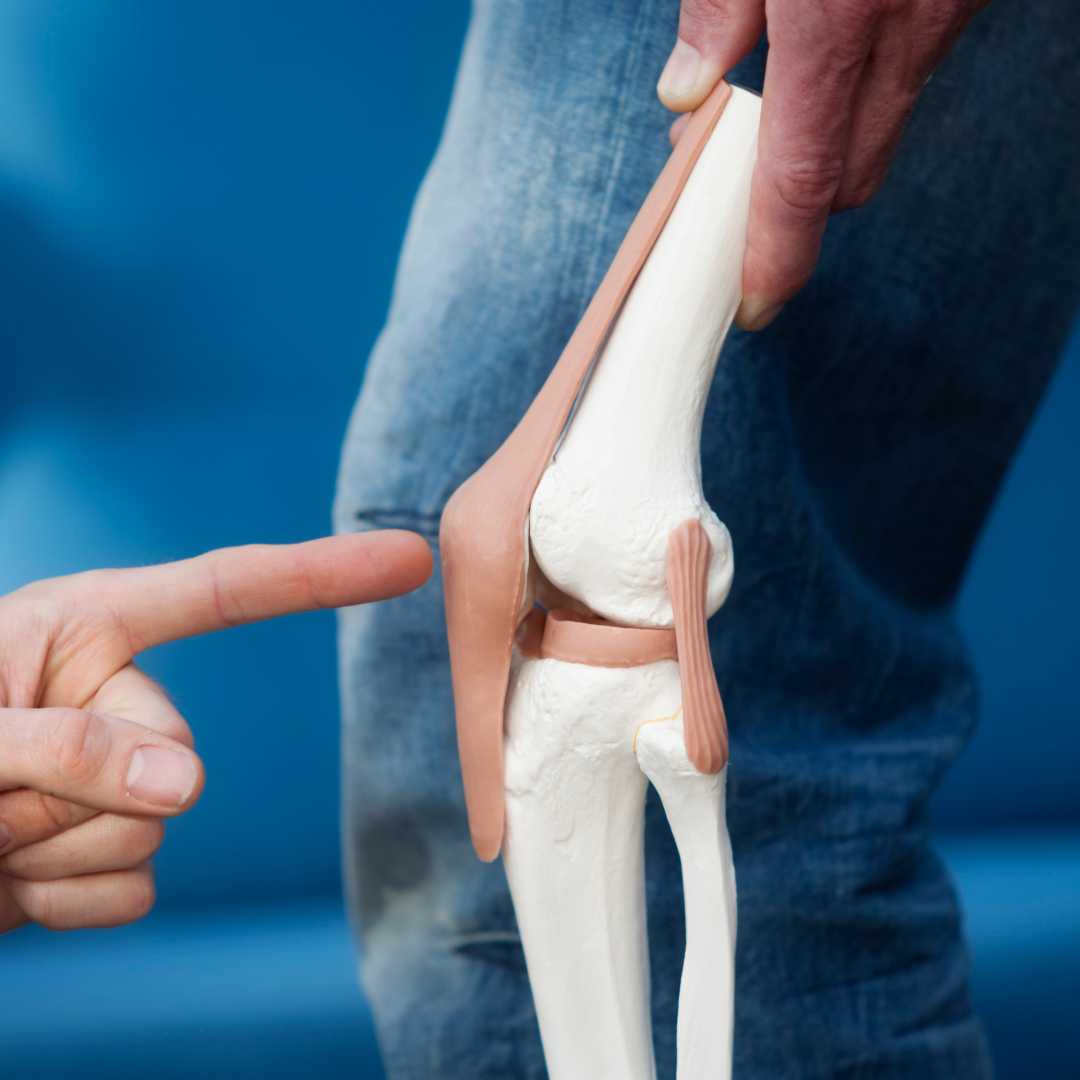
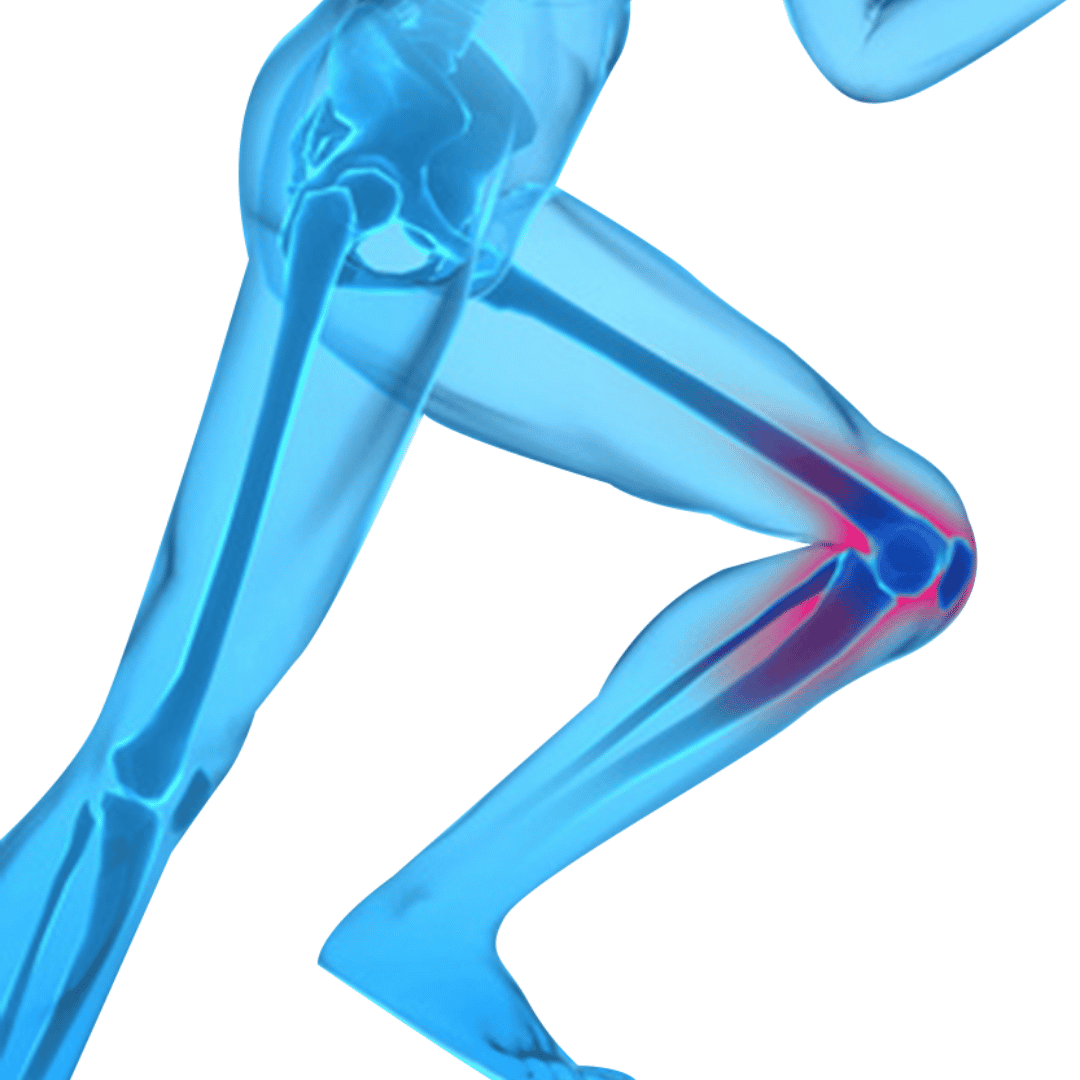
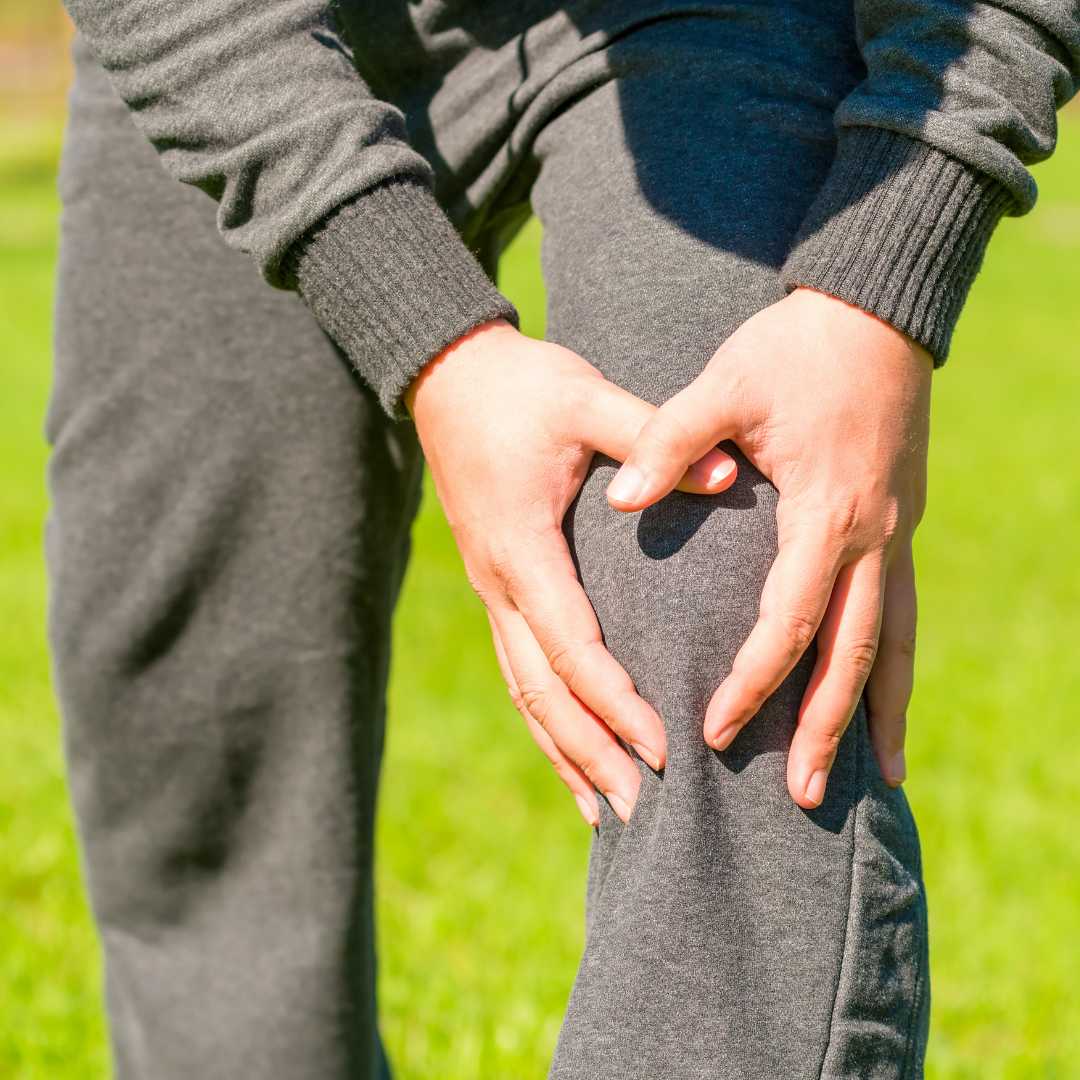
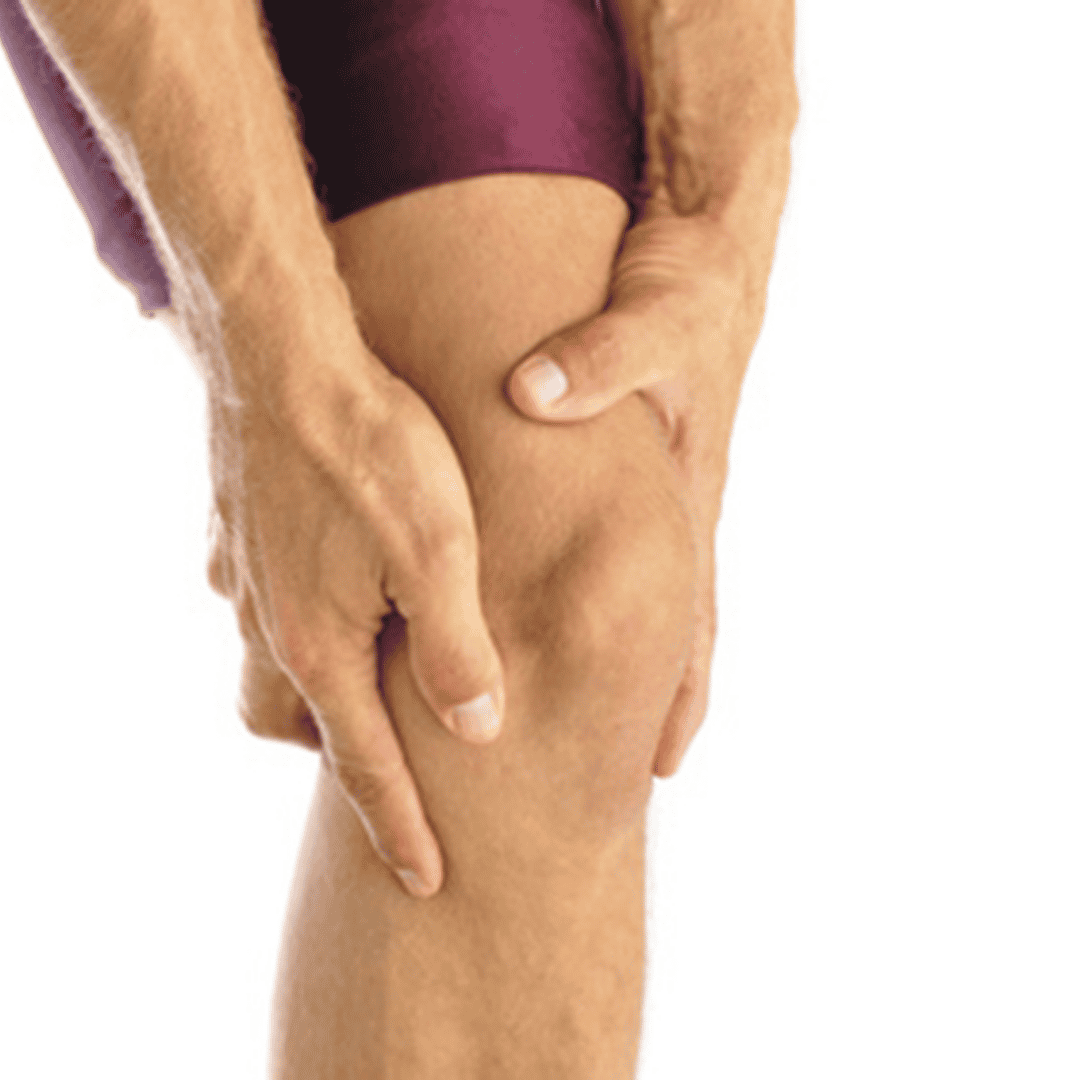
.png)
.png)





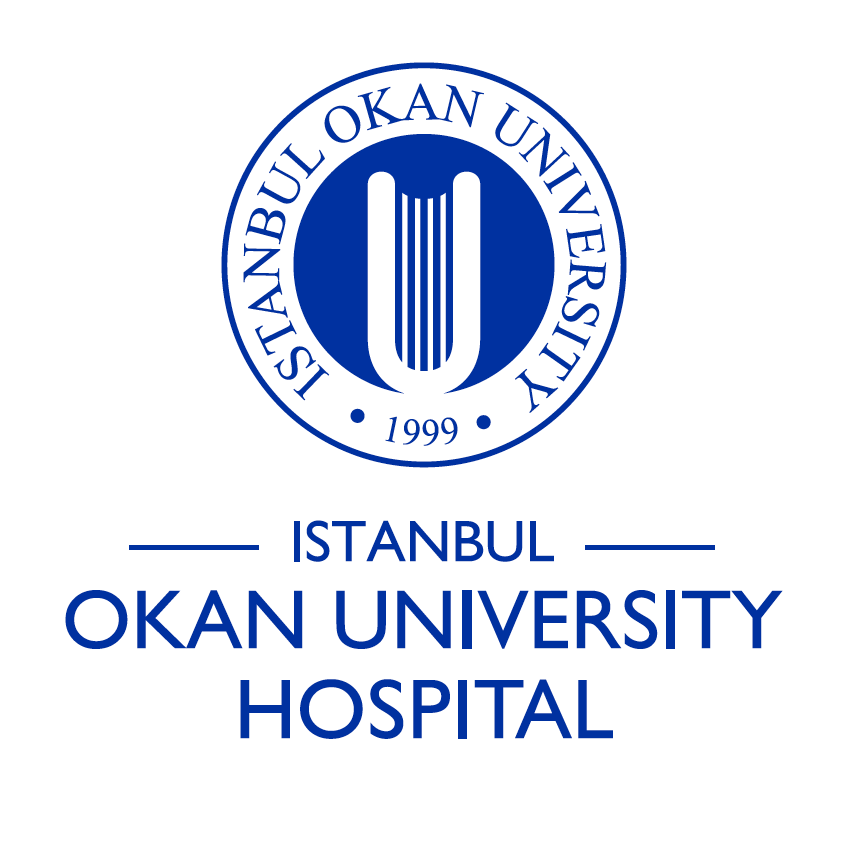


Share this listing